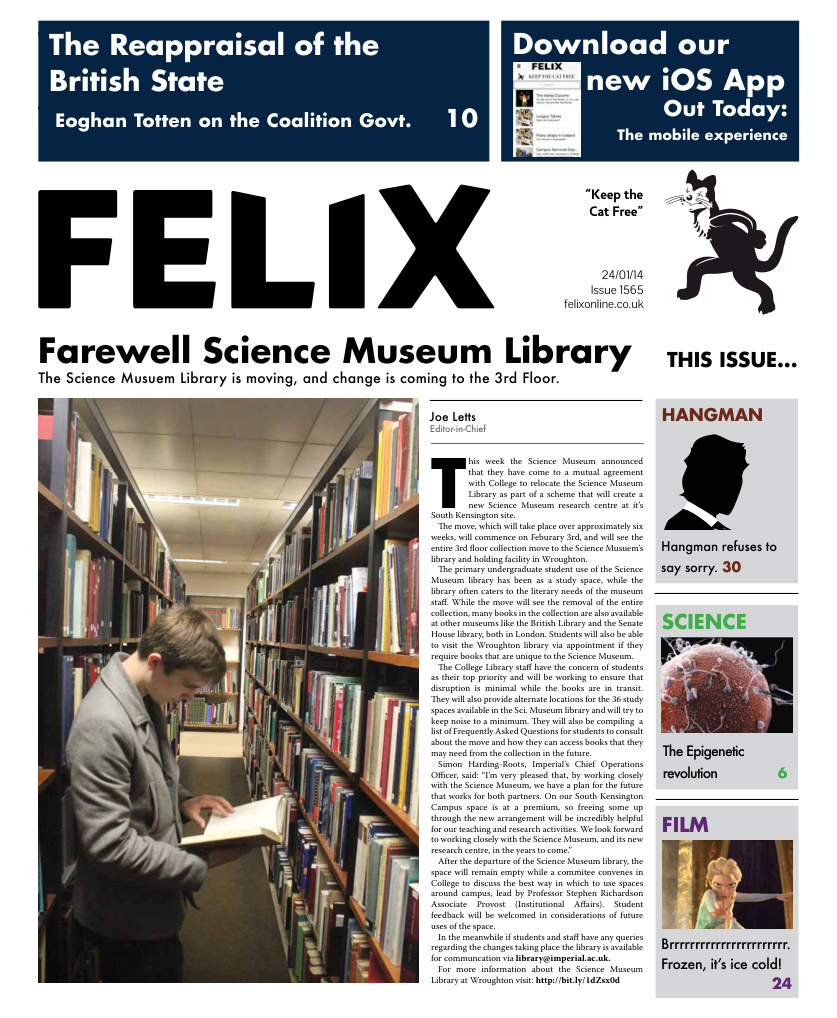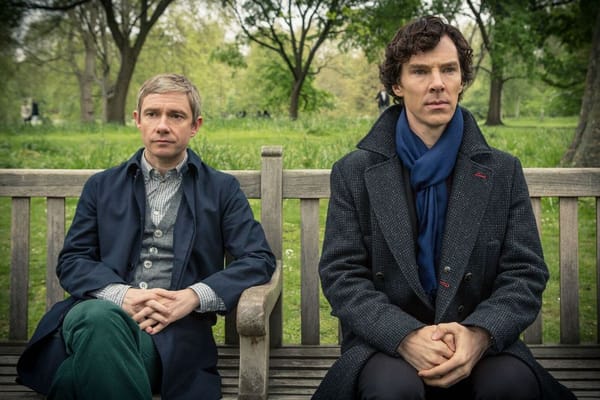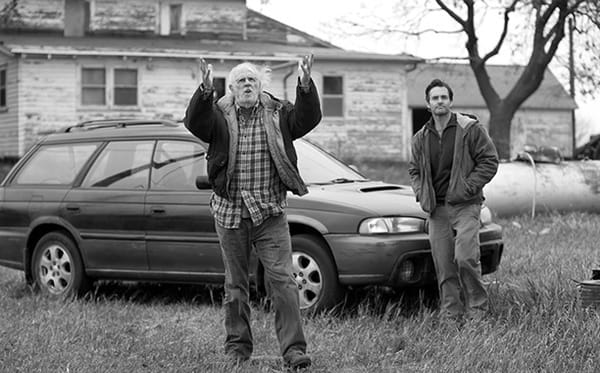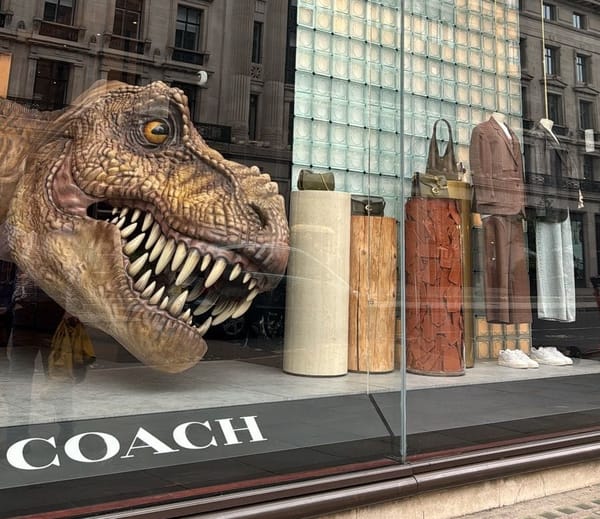Director masterclass: Martin Scorsese
“You talkin’ to me? Then who the hell else are you talking... you talking to me? Well I’m the only one here.” “I think I learn more in a movie or in a story when I see what a person does wrong and what happens because of that.”
“You talkin’ to me? Then who the hell else are you talking... you talking to me? Well I’m the only one here.”
_“I think I learn more in a movie or in a story when I see what a person does wrong and what happens because of that.” _
Scorsese has created such a variety of films from religious epics (The Last Temptation of Christ and Kundun) to kids’ movies (Hugo) however he is really known for his depictions gangsters and vigilantes on the streets of New York.
Taxi Driver (1976)
The most iconic film of Scorsese’s filmography tells the story of a vigilante who decides he wants to clean up the streets and after deciding he can’t kill a politician, he goes after a pimp to rescue a twelve-year-old girl from a life of prostitution. The reason this movie is such a classic is because it masters the feeling of isolation that Travis Bickle (Robert De Niro) feels.
The atmospheric music with its jazz refrains, the slow motion close-ups of De Niro that let us ponder what Bickle is feeling and truly appreciate how brilliant an actor he is. The film sweeps you along and by the end you find yourself siding with this sad and lonely vigilante. The character, Bickle, is such a wonderful case study I’m sure it’d be worth doing a psychology degree just to try and figure him out.
The seediness of the whole piece is really boiled down in the scene where Scorsese himself plays a near crazy husband who has followed his wife to a another mans house where she is having an affair and then talks about how he is going to kill her and what her mutilated corpse will look like. You follow Bickle in his decision to become a rouge go on some sort of spree. The denouement of the film clashes with the rest of the movie as it is just SO violent, and this is where we find catharsis.
BUT…
The final scene shows a selection of newspaper articles telling the story of what he has done and a letter from the parents of the rescued girl. Though he is praised as a hero we know he was moments away from killing a senator before deciding to a kill the pimps. We are reminded that, although we went along with him for the ride, now it is time to reflect on how a racist, fascist who has pretend-arguments with himself in the mirror accidently became a hero.
Goodfellas (1990)
“As far back as I can remember, I always wanted to be a gangster,” This is the ultimate gangster movie, and the first of triptych of films about organised crime including Casino and The Departed. The story shows how a kid becomes a Mafioso, then his treacherous career and in the end how he hates himself for leaving the life of crime via a witness protection program. A true epic.
As with all his previous films we get fantastic camera moves and probably an era defining steady-cam shot following Henry Hill through the back entrance of the Copacobana Club, through the kitchens meeting and greeting everyone and into the club where a table is bought out and put right at the front for him. It really led the way for directors like Paul Thomas Anderson to use such complicated tracking shots.
The Wolf of Wall Street (2014)
The Wolf of Wall Street is Scorsese looking through the eyes of Jason Belfort played by Leonardo DiCaprio, a corrupt and opulent man travelling from rags to obscene riches. One of the first scenes shows Belfort using a straw to blow cocaine into the ass of a prostitute and really this sets the tone for the rest of the movie.
The first thing to say is that DiCaprio puts in an absolutely rock solid performance filled with comedy and nuance. Alongside him the drug addled tag along Jonah Hill adds a hilarious extra dimension whilst taking another step away from his teenage knob-gag-filled past.
However, whether you enjoy this film will hang on one central tenant: Is showing a morally neutral take on an amoral person the same as condoning what they do?
His life is shown in first person and style of the film doesn’t stop to let you reflect on consequences of his actions, but maybe this IS how Jason Belfort sees the world. Is this an exploitation film showing egregious sex, drug taking and violence? Yes. Is that bad thing? Certainly not.
Most films that have a three-hour from early career to highlife to decline movies usually stutter in the decline, the plot slows down and the character stops to reflect, the trajectory of this film is in fact very similar to GoodFellas. This character disgusted me and usually when you don’t like the main character of a movie you don’t care what happens at the end. In this, I was vying for his decline and I was gripped.
One strange thing to note was in the screening I saw that the room felt split between those who were reveling in his immorality (and laughing in inappropriate places) and those who’d decided he was awful. That being said lots of the film is played for laughs and there is one brilliant bit of physical comedy played by DiCaprio after taking to many drugs making the 2-meter walk to his car look like a mile.
Critics of this film will say it is just exploitation, however the last scene may give us an insight into what the director really wants to say, much like in Taxi Driver.
(Continued after the break with spoilers)
Belfort, having left prison, is giving a sales seminar (much like Warren Buffet does) and the final shot is of an adoring crowd leaning into listen to a multiple felon. This is a reflection of the audience in the cinema peering into the exciting but depraved world and makes you stop to think that we are all happy to forget the people who Belfort has scammed on the condition we can get in on the action too.







